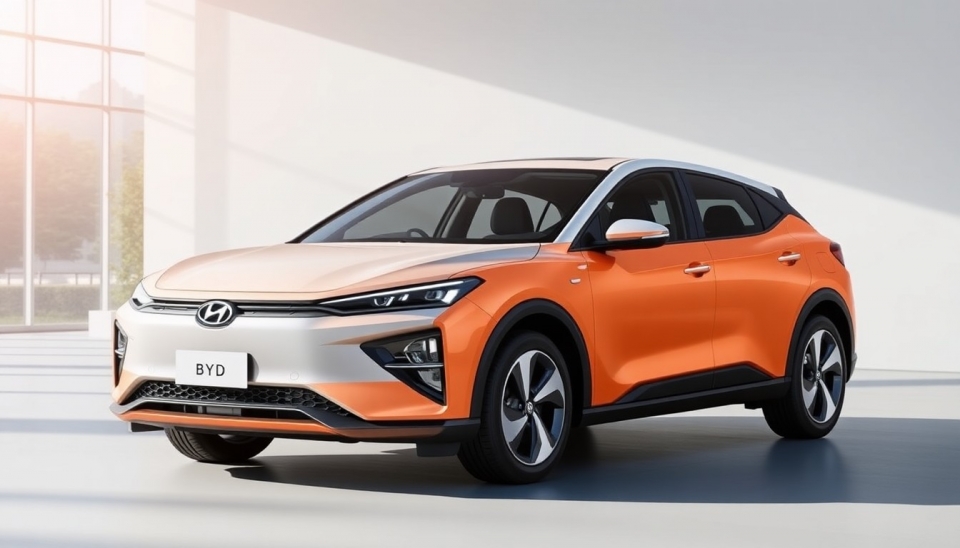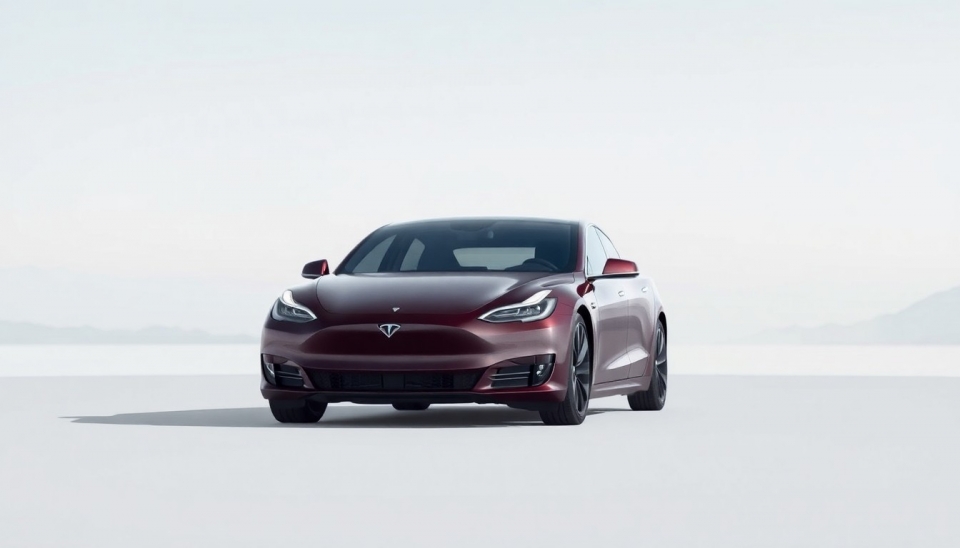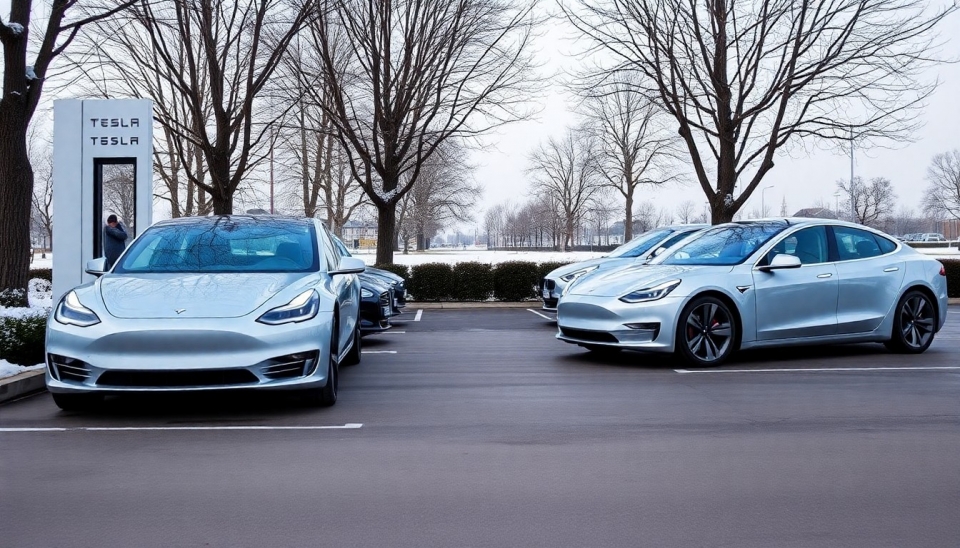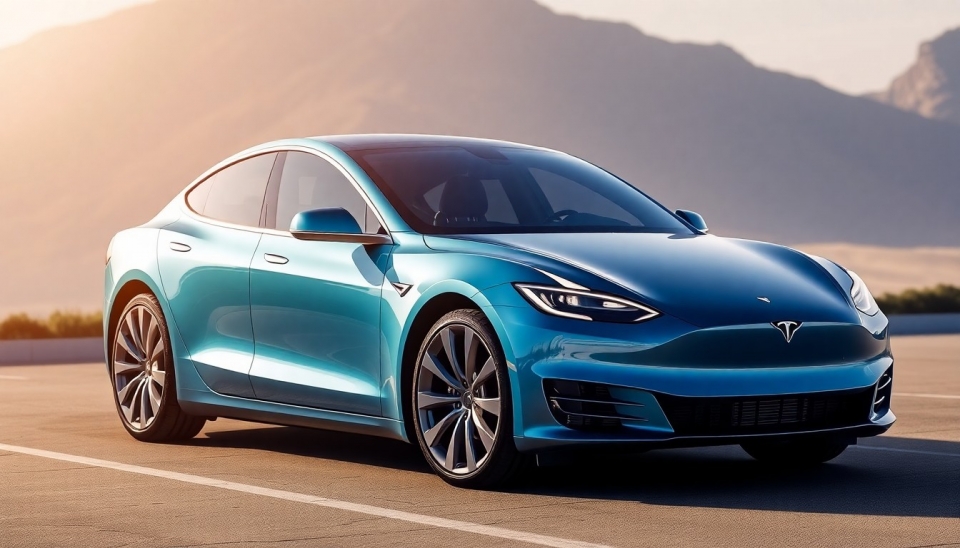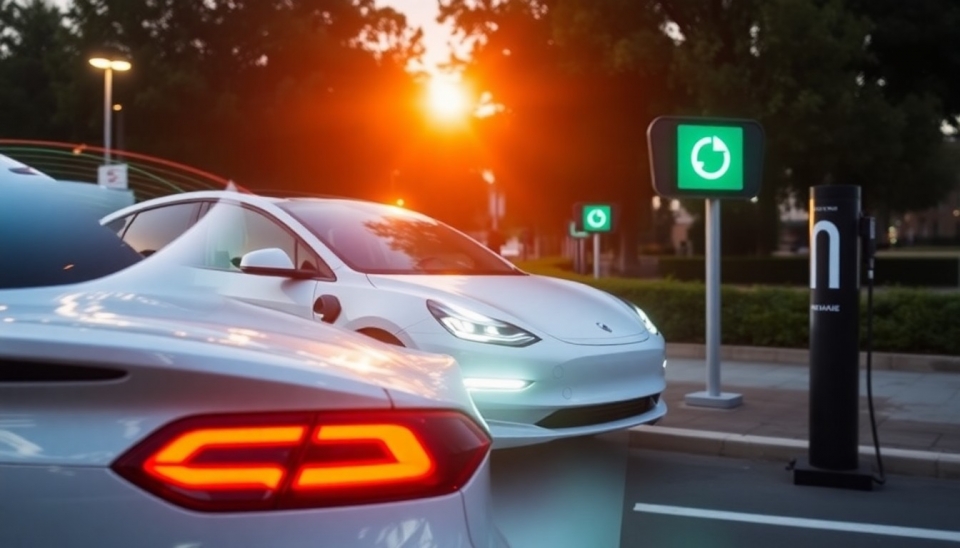
As the clock struck midnight on the new year, China's electric vehicle (EV) market was left reflecting on a remarkable surge in sales during the latter months of 2024. The growth rate for EV sales soared significantly, with numbers indicating a more than 70% increase compared to the same period in the previous year. This surge has been primarily fueled by aggressive price reductions and improvements in electric vehicle technology, which have collectively made EVs more appealing to the average consumer.
During December 2024 alone, approximately 850,000 new electric vehicles were registered in China, setting a new monthly record and contributing to a total of 5.9 million EVs sold over the entire year. This rapid uptake aligns with the central government's ongoing commitment to green energy and the simultaneous phasing out of traditional vehicles. Analysts have noted that subsidies and incentives, along with robust marketing strategies from manufacturers, played a significant role in this sales boom, signaling consumers' growing acceptance of electric mobility.
However, as the industry cheers its significant achievements, the outlook for 2025 raises concerns. While 2024's strong performance brings optimism, challenges loom large on the horizon. Analysts warn that EV makers may soon encounter a cooling market, reflecting changes in consumer purchasing behavior and the saturation of certain segments of the EV industry. The rapid growth in 2024 could lead to increased competition among automakers, resulting in potential overcapacity that might suppress margins moving forward.
Furthermore, the broader economic landscape could have repercussions on sales trends. The Chinese economy is facing headwinds, including property market instability and varying levels of consumer confidence, which could impact discretionary spending on larger ticket items, such as electric vehicles. Potential regulatory changes aimed at further promoting sustainable transport options, while beneficial in the long run, could introduce uncertainty in the short term.
Another consideration for the future of the EV sector is the continual evolution of battery technologies. As a critical component of electric vehicles, advancements in battery production and costs could determine the trajectory of the market. The industry might also see a shift in focus towards hybrid and alternative energy vehicles as consumers seek a balance between electric options and traditional fuel sources, particularly in rural areas where charging infrastructure may not yet be fully developed.
In the face of an uncertain 2025, it remains to be seen how the electric vehicle landscape in China will adapt. With an initial slowdown anticipated, industry stakeholders must navigate their strategies carefully, prioritizing innovation and consumer engagement to maintain momentum in a competitive market. As all eyes turn towards the future, the success of China's EV industry will undoubtedly hinge on how well it responds to these evolving challenges.
Nonetheless, the achievements of the past year serve as a foundation for the ongoing journey towards a more sustainable automotive future. Manufacturers, consumers, and policymakers alike will need to collaborate and innovate to steer the electric vehicle revolution effectively through the complexities ahead.
#EVsales #China #ElectricVehicles #SustainableTransport #AutomotiveIndustry #2025Outlook #MarketTrends #Innovation
Author: John Miller
